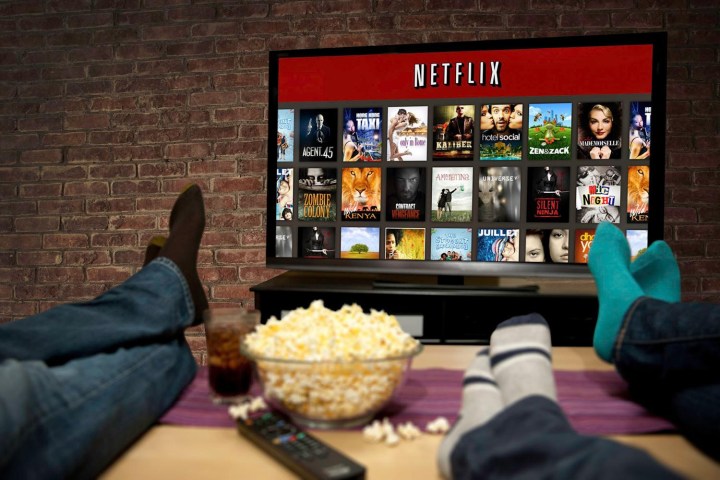
As per study results published in JAMA Psychiatry this week, individuals who spend the most time watching television and the least amount of time engaged in physical activity were the most likely to score poorly on cognitive tests. Led by Tina Hoang of the Northern California Institute for Research and Education at the Veterans Affairs Medical Center and Kristine Yaffe of the University of California, the study followed 3,247 individuals over the course of 25 years. All participants were young adults (between the ages of 18 and 30) when the study began. The researchers checked in with their subjects every five years, asking them to estimate how much TV they watched on a day-to-day basis. And every two to five years, respondents gave researchers an idea of how much exercise they got.
When the study ended, the young adults had grown into middle-aged Americans, and all took tests to measure memory, focus, and mental and physical acuity.
“High television viewing and low physical activity in early adulthood were associated with worse midlife executive function and processing speed,” Hoang and Yaffe concluded. In fact, those who watched over three hours of TV daily were twice as likely to underperform on mental processing speed and executive function tests.
Of course, it’s difficult to directly attribute poor test performance to frequency of television watching (though there are numerous studies that suggest that long periods of inactivity can’t be good for your health). And because the researchers didn’t measure their participants’ mental abilities at the start of the test, there’s no distinctive benchmark against which to compare their final results. Moreover, the scientists did not differentiate between types of television programs consumed — after all, there must be a difference between watching three hours of Nova or the History Channel and three hours of the Jersey Shore or The Bachelorette.
Still, the study raises important questions about the link between high levels of media consumption and human behavior. And if we’re going to keep Netflixing and chilling, they’re questions we’ll need answers to, stat.


